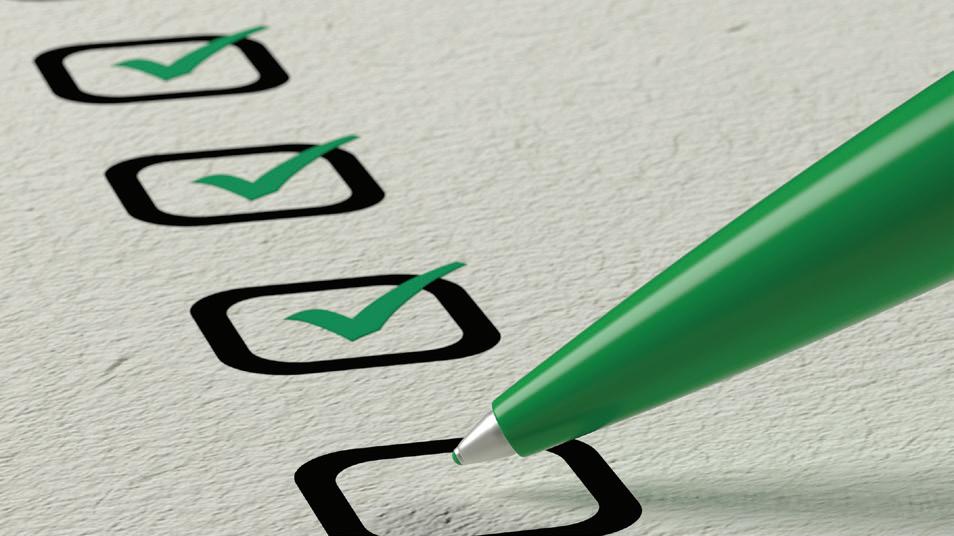PIPA CONFERENCE
WHY IS INSPECTION PREPARATION NEEDED? By Martin Baker
It is a good question and one that I feel was effectively answered at this year’s PIPA Conference. The session was led by Ranjana Khanna, Head of Pharmacovigilance Quality Assurance at Vifor Pharma. Ranjana has over 15 years of experience in the pharmaceutical industry and through a combination of PowerPoint slides and role-plays, she delivered an interactive and engaging session; sharing her personal experiences, learnings and some useful dos and don’ts on inspection readiness. Interestingly for me, one of the main take home messages from the session was the development opportunity an inspection could offer MI and PV professionals. Let me try and explain.
inspection will typically follow - as well as the right of an inspector to amend the inspection plan e.g. by adding new topics to the agenda, calling additional staff for interview and/or adjusting timelines.
The session opened with a recap of some of the laws and regulations that govern and drive inspections in the European Union. Then the role and responsibilities of the Inspector was described, and we were all reminded that an inspector’s job is to identify potential deficiencies in the company’s system(s) (e.g. a non-compliance which could pose a risk to the patient and/or public health), so we shouldn’t take these personally.
The crux of the presentation rightly focused on what we can all do to effectively prepare ourselves and the company for an inspection. Ranjana shared some very useful insights that could make all the difference, for example:
Ranjana then went into a good amount of detail regarding how an inspection should be conducted: general rules of engagement, timelines and a description of the flow an
• Establish a core inspection team • Set up a Subject Matter Expert (SME) list
10










